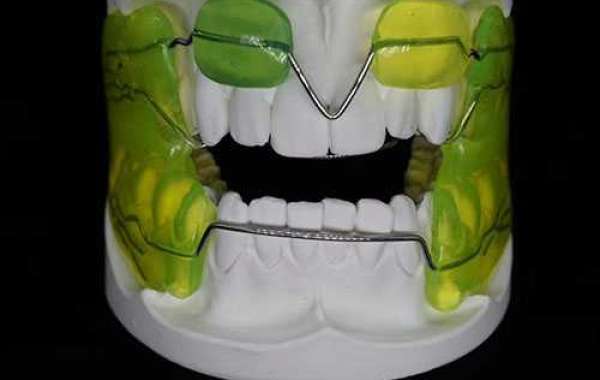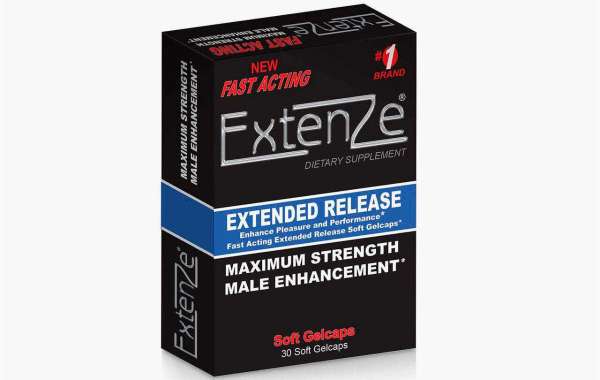Vitamin B1, or thiamine, is a water-soluble vitamin vital in maintaining overall health and wellness. It helps the body convert food into energy and supports the nervous system, cardiovascular system, and muscles. Additionally, Vitamin B1 plays a vital role in maintaining healthy eyes and vision. Adequate intake of Vitamin B1 can prevent eye-related conditions such as cataracts and glaucoma. In this blog, we will discuss the benefits of Vitamin B1 for eye health, its sources recommended daily intake, and how to supplement it in your diet.
Understanding the connection between Vitamin B1 and eye health
Vitamin B1 is crucial in maintaining eye health by protecting the eyes from oxidative stress and reducing the risk of eye-related conditions. Studies have shown that a deficiency in Vitamin B1 can lead to vision problems, including cataracts and glaucoma. Vitamin B1 also works with other vitamins, such as Vitamin A, to improve eyesight and prevent age-related macular degeneration. Moreover, Vitamin B1 has anti-inflammatory properties, which can reduce eye inflammation and prevent further damage. Vitamin B1 is essential for maintaining good eye health and avoiding vision-related problems.
The importance of a balanced diet for maintaining eye health
Maintaining a balanced diet is essential for maintaining good eye health. A diet rich in fruits, vegetables, whole grains, and lean protein provides the necessary nutrients for the eyes to function properly. Nutrients such as vitamins A, C, E, zinc, and Omega-3 fatty acids are essential for eye health. A diet high in saturated and trans fats, on the other hand, can increase the risk of age-related macular degeneration and cataracts. Therefore, making healthy food choices and consuming various nutrients is essential to maintain optimal eye health.
Sources of Vitamin B1: Foods to include in your diet
Vitamin B1 is found in various foods, making it easy to obtain through a balanced diet. Some good sources of Vitamin B1 include whole grains, legumes, nuts, seeds, lean meats, and fish. For example, brown rice, quinoa, lentils, peanuts, and sunflower seeds are all excellent sources of Vitamin B1. Fortified cereals and bread can also provide a significant amount of Vitamin B1. Incorporating these foods into your diet can help ensure adequate intake of Vitamin B1 and promote good eye health.
Recommended daily intake of Vitamin B1 for eye health
The recommended daily intake of Vitamin B1 varies depending on age, gender, and other factors. According to the National Institutes of Health, the recommended daily intake of Vitamin B1 for adult men and women is 1.2 mg per day. Pregnant and breastfeeding women may require higher amounts. However, there is no specific recommended daily intake of Vitamin B1 for eye health. As a healthcare professional recommends, consuming a balanced diet that includes Vitamin B1-rich foods and taking Vitamin B1 supplements can help ensure adequate intake and promote good eye health.
Vitamin B1 deficiency and its impact on eye health
Vitamin B1 deficiency can hurt eye health. A lack of Vitamin B1 can lead to nerve damage, including the optic nerve, which can result in vision problems. In particular, a deficiency in Vitamin B1 can increase the risk of developing cataracts and glaucoma, two common eye-related conditions. Other symptoms of Vitamin B1 deficiency may include blurred vision, dry eyes, and eye fatigue. Ensuring adequate intake of Vitamin B1 through diet or supplements can help prevent deficiency and maintain good eye health.
Other benefits of Vitamin B1 for overall health and well-being
In addition to maintaining good eye health, Vitamin B1 has several other benefits for overall health and well-being. Vitamin B1 helps the body convert food into energy, which is necessary for maintaining a healthy metabolism and reducing fatigue. It also supports the nervous system, improves cognitive function, and enhances cardiovascular health. Vitamin B1 has antioxidant properties that help protect the body against cellular damage and inflammation. Ensuring adequate intake of Vitamin B1 through diet or supplements can promote overall health and well-being.
Best ways to supplement Vitamin B1 for maximum eye health benefits
The best way to supplement Vitamin B1 for maximum eye health benefits is to consume a balanced diet that includes Vitamin B1-rich foods. However, some individuals may require Vitamin B1 supplements, particularly if they have a deficiency or health condition affecting nutrient absorption or metabolism. Vitamin B1 supplements are available in various forms, including capsules, tablets, and injections. It's essential to consult with a healthcare professional before taking Vitamin B1 supplements to determine the appropriate dosage and ensure safe use. Taking supplements in combination with a healthy diet can help ensure optimal Vitamin B1 intake for maximum eye health benefits.
Ephuroalabs healthy hair support gummies
Ephuroalabs Healthy Hair Support Gummies is a dietary supplement that contains Vitamin B1, among other essential vitamins and minerals. These gummies are formulated to promote healthy hair, skin, and nails. Vitamin B1 is crucial in maintaining hair health by helping the body convert nutrients into energy that supports hair growth and strength. Vitamin B1 has antioxidant properties that can help prevent damage to hair follicles and support overall scalp health. Including Ephuroalabs Healthy Hair Support Gummies in your daily routine can help ensure adequate Vitamin B1 intake for optimal hair health.
Conclusion
Vitamin B1 is essential for maintaining good eye health and overall well-being. A deficiency in Vitamin B1 can lead to vision problems, including cataracts and glaucoma. Consuming a balanced diet rich in Vitamin B1-containing foods and taking supplements as a healthcare professional recommends can help ensure adequate intake of this vital nutrient. Vitamin B1 also has numerous other benefits for overall health, including energy metabolism, cognitive function, and cardiovascular health. Vitamin B1 in your daily routine can promote optimal eye health and general well-being.







